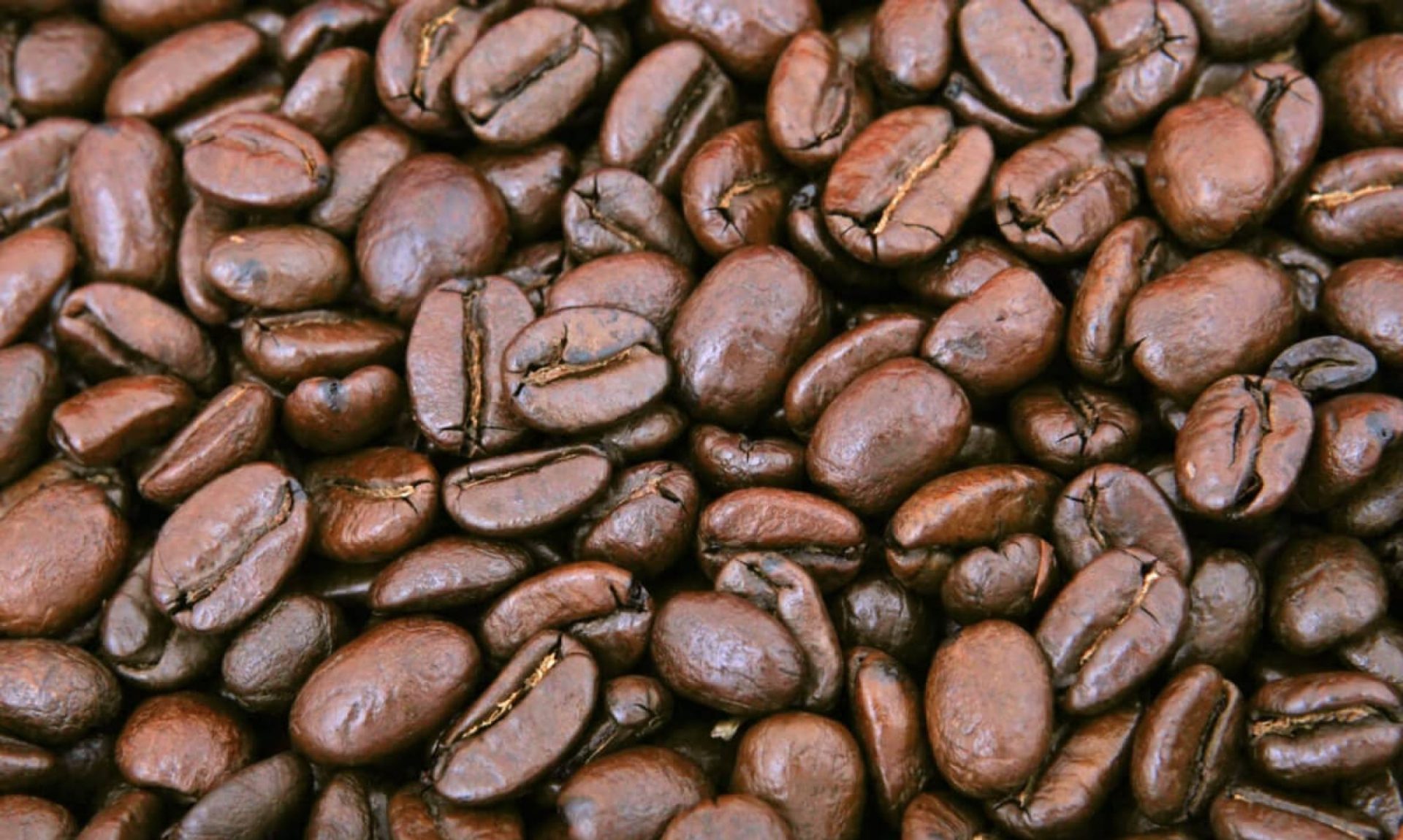When it comes to coffee, there are two main species that dominate the market: Arabica and Robusta. While both types of coffee have their own unique characteristics, they differ significantly in terms of taste, production, and price. In this blog post, we’ll delve into the differences between Arabica and Robusta coffee, exploring their distinct flavor profiles, growing regions, and price points.
Taste: The Main Event
The most notable difference between Arabica and Robusta coffee is their taste. Arabica coffee is known for its mild and nuanced flavor, with notes of fruit, floral, and wine. It has a higher acidity and a sweeter, more delicate taste. On the other hand, Robusta coffee is often described as harsh and bitter, with a burnt or rubbery flavor. This is due to its higher concentration of caffeine and a more bitter compound called pyrazine.
Arabica coffee is often used in specialty coffee blends, where its subtle flavors can shine. Robusta, on the other hand, is often used as a base for instant coffee and espresso blends, where its bold flavor can add depth and body.
Growing Regions: Climate and Soil
Arabica and Robusta coffee are grown in different regions, with distinct climate and soil conditions.
- Arabica coffee is typically grown at high altitudes (1,000-2,000 meters) in regions with mild temperatures and well-defined wet and dry seasons. Countries like Colombia, Ethiopia, and Brazil are known for their Arabica production.
- Robusta coffee, on the other hand, is more tolerant of heat and humidity and can be grown at lower altitudes (600-1,000 meters). Countries like Vietnam, Indonesia, and India are major producers of Robusta coffee.
Price: The Bottom Line
The price of Arabica and Robusta coffee varies significantly, mainly due to the differences in production costs and demand. The higher price of Arabica coffee is due to several factors:
- Arabica coffee requires more labor-intensive harvesting and processing methods, which increases production costs.
- Arabica coffee is more sensitive to climate and soil conditions, which can lead to lower yields and higher prices.
- Arabica coffee is in higher demand, particularly among specialty coffee roasters and consumers, which drives up prices.
Conclusion: Choosing Between Arabica and Robusta
Ultimately, the choice between Arabica and Robusta coffee comes down to personal taste preferences and budget. If you’re looking for a high-quality, nuanced coffee experience, Arabica is the way to go. However, if you’re on a tight budget or prefer a bolder, more bitter flavor, Robusta might be the better option.
Whether you’re a coffee connoisseur or just starting to explore the world of coffee, understanding the differences between Arabica and Robusta can help you make informed choices and appreciate the unique characteristics of each type of coffee.
